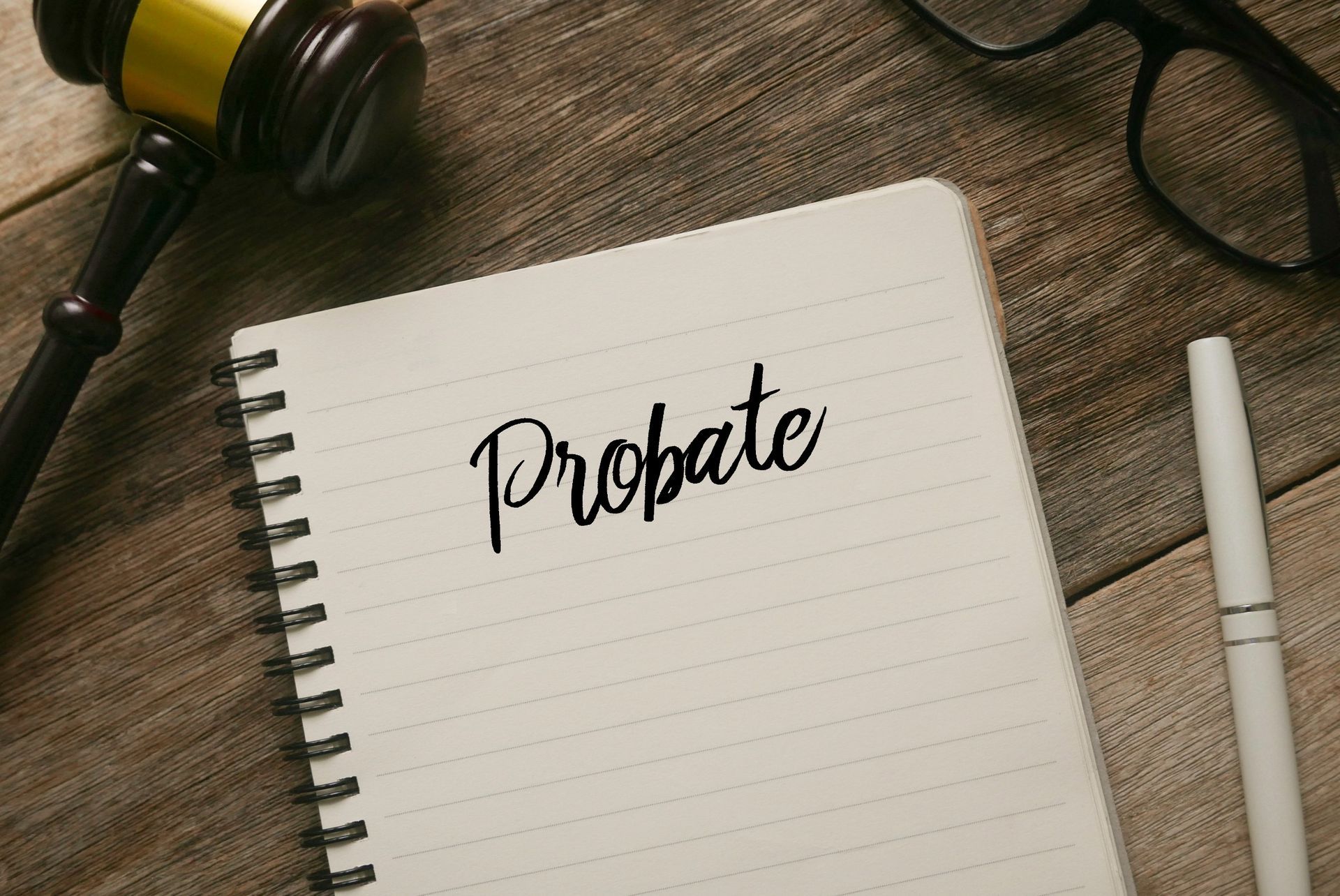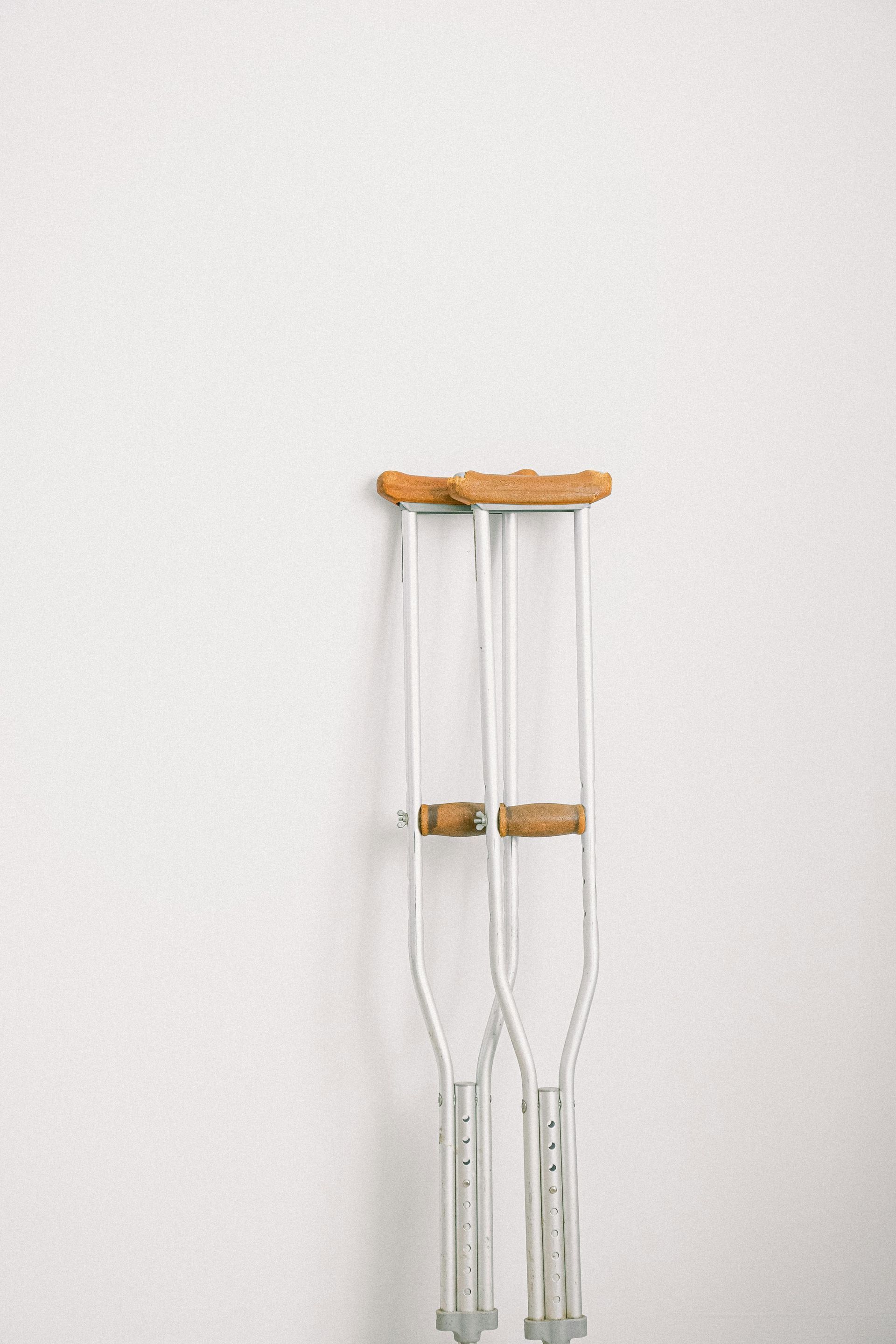Filing a Wrongful Death Lawsuit in Ohio
According to Ohio's laws, wrongful death is any death caused by another person's wrongful or deliberate act or neglect. Since the person who is the victim of the wrongful death cannot sue, someone else — such as family member designated as a legal representative — makes the claim on their behalf.
Wrongful death cases can be complex because you need to prove that a defendant caused the death and that it led to financial or other hardship for the surviving family members and dependents.
These cases can cover a wide range of situations, from road accidents to workplace fatalities to malpractice by a medical professional. It is essential to have a lawyer experienced in wrongful death litigation to guide you through the process to ensure that you have the best chance of receiving a fair judgment at the end of the case.
Here is a closer look at the details of wrongful death lawsuits in Ohio.
Who can file a wrongful death lawsuit?
Ohio law states that a wrongful death lawsuit can only be filed by the deceased person's legal representative. This may be a spouse, a parent, a child, a lawyer, a financial advisor, or another representative of their estate. In many cases, the deceased person did not yet choose someone to handle their affairs. When this happens, a probate court decides who will oversee the late person's estate and manage a wrongful death lawsuit.
What types of incidents qualify for a wrongful death lawsuit?
You can make a wrongful death claim in Ohio when someone caused the death of your family member or loved one. One way to think about these cases is that if the deceased person had survived, they would have launched a personal injury lawsuit against the defendant.
Here is a look at some of the most common types of wrongful death cases.
- Malpractice by medical professionals. These wrongful death cases can include nursing home abuse, prescription drug mistakes, and other types of medical errors that caused the death.
- Manufacture of defective and harmful products by a company. In these cases, a product may directly cause the death or put the person in a fatal situation, such as the loss of control of a defective car or a house fire caused by a faulty appliance.
- Dangerous driving by an individual. These cases often come from fatal accidents caused by drunk, aggressive, and distracted driving.
- Workplace fatalities from unsafe conditions. These cases involve death due to hazardous working environments and conditions. You typically need to prove that the conditions were dangerous or the deceased person did not receive proper safety training or protective equipment.
You can file a lawsuit in other situations as long as the death was caused by the wrongful or negligent actions of another person. An experienced wrongful death attorney can tell you if filing a lawsuit is the best course of action.
What types of damages can you get?
Wrongful death lawsuits are not criminal cases, so the defendant will not get a prison sentence. However, the court can make them pay financial damages and levy other penalties. For instance, you can sue to recover financial losses incurred as a result of the death. These expenses may include medical costs and burial and funeral fees.
Ohio law allows families to seek damages for economic and non-economic losses from a wrongful death. Here are some examples of these damages.
- You and family members and loved ones can pursue damages for the emotional and mental pain and anguish caused by the death.
- Family members may be able to claim damages for the loss of companionship, assistance, care, guidance, instruction, attention, protection, and education. Such cases may involve the death of a father or mother who was working to provide for their children and pay for their education. The defendant may be liable for all these costs.
- Family and other dependents can sue for the loss of financial support. In these cases, they will ask the court to require the defendant to replace the deceased's earning capacity and regular income.
- If the deceased person cared for children or elderly relatives, the lawsuit could claim damages related to the loss of household and child care services.
- In some cases, you may be able to claim a loss of future inheritance as a result of the expected contribution by the deceased.
Such damages are awarded to the family members of the deceased individual, including the spouse, children, parents, siblings, or other legal dependents.
How long does a wrongful death case take?
The duration of wrongful death lawsuits depends on a variety of factors. These include how difficult it will be to prove wrongdoing and whether or not the defendant is willing to settle the case before it reaches court.
Settling out of court usually takes less time than going to trial. Even if you get a favorable verdict, the defendant may choose to appeal, which could stretch the case out even longer.
The best way to estimate the length of your wrongful death case is to discuss the specifics with an experienced Ohio attorney.
One timing issue you need to be aware of is the statute of limitations. In Ohio, you have a maximum of two years from the death of your loved one to file the claim. This deadline may be extended in some cases where you did not know that a wrongful act caused the death. If this applies to your case, then you have two years from the date that you discovered that the death was wrongful. This may happen if you need an investigation or autopsy to ascertain the cause of death.
What do you have to prove in a wrongful death case?
A wrongful death lawsuit is a civil case rather than a criminal one. The burden of proof is significantly lower, and the defendant does not have to be found guilty beyond reasonable doubt to be liable for paying damages. The family of the deceased individual must however prove that the death of their loved one was caused either in whole or in part by the recklessness, carelessness, and negligent actions of the defendant.
If you need assistance with a wrongful death lawsuit, you should speak with a qualified Ohio attorney who has worked on similar cases in the past. This will give you the best chance for a positive outcome to the lawsuit.










